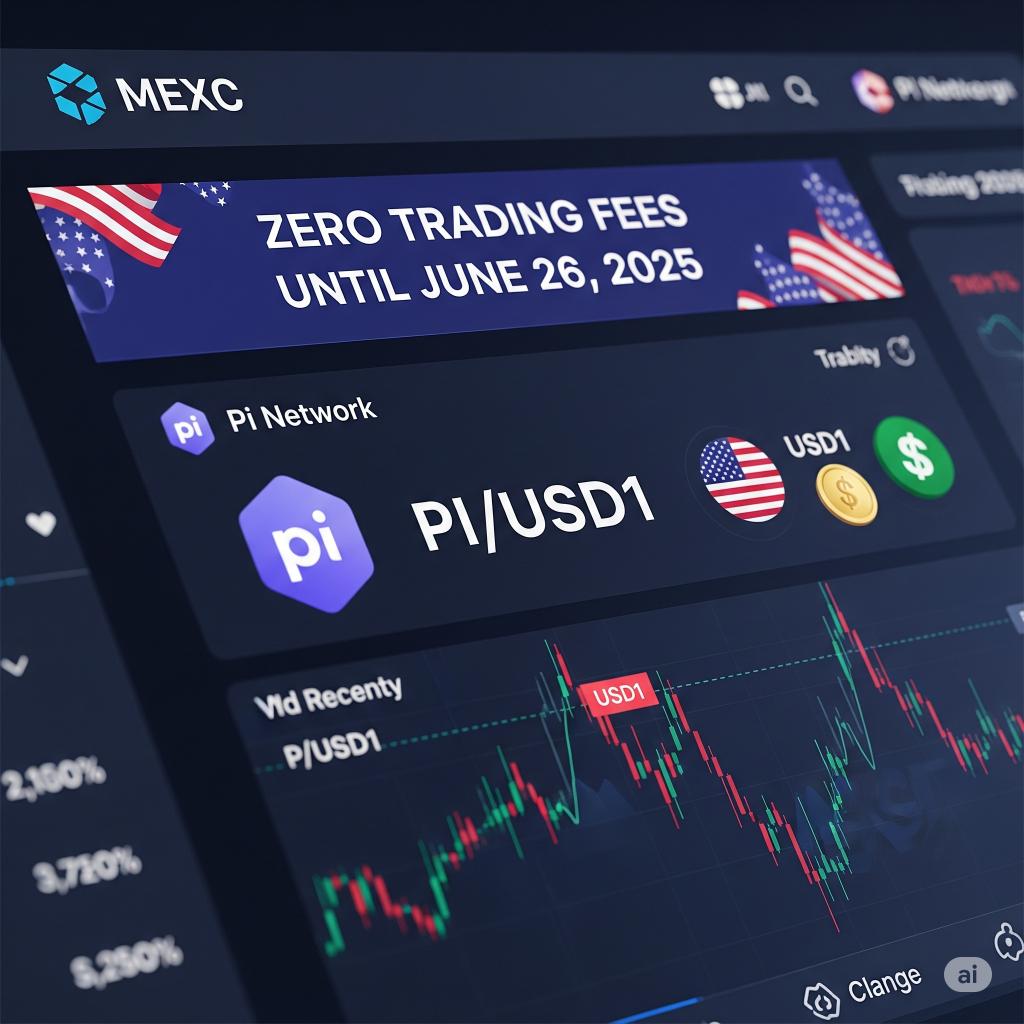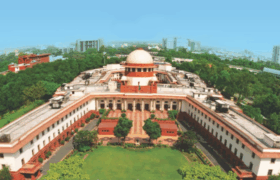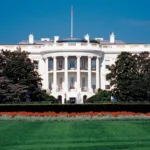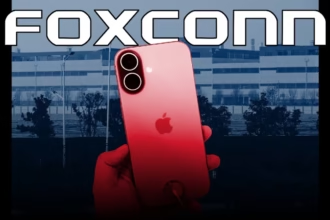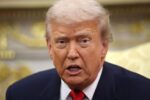The U.S. Supreme Court announced on Monday that it will take up a high-stakes case in its upcoming term that could reshape the landscape of federal campaign finance. The case centers on a Republican-led challenge to existing limits on how federal candidates can spend money raised for their campaigns, with implications that could reverberate through the 2024 and 2026 election cycles.
The Court’s decision to hear the case signals its continued interest in revisiting the boundaries of political speech, campaign contributions, and federal oversight — an area that has been fiercely debated since the landmark Citizens United v. FEC decision in 2010.
The Nature of the Challenge
At the heart of the case is a challenge brought by a coalition of Republican candidates and political committees, who argue that current federal limits on campaign spending violate the First Amendment right to free speech. Specifically, the plaintiffs are targeting caps on how much candidates can repay themselves from post-election donations and how funds raised after an election can be used.
Under existing Federal Election Commission (FEC) rules, candidates may only use a limited amount of post-election contributions to repay personal loans made to their campaigns. Republicans contend this restriction unfairly penalizes self-funded candidates and discourages political participation, particularly for outsiders and non-incumbents without deep donor networks.
The challengers argue that candidates should be able to spend unlimited amounts of their own money — and raise funds after the fact to recover those expenses — without interference from federal law.
Background and Legal Precedent
Federal limits on campaign contributions and spending have existed in various forms since the 1970s, following the Watergate scandal. These rules aim to reduce corruption and undue influence in politics by limiting the financial leverage of wealthy individuals and organizations.
However, the Supreme Court has gradually chipped away at these restrictions. In Citizens United, the Court struck down limits on independent political spending by corporations and unions, equating such spending with protected speech. In McCutcheon v. FEC (2014), aggregate contribution limits were also removed.
Now, this new case could expand those rulings further, by dismantling limits on how campaign funds can be managed after an election.
Political and Ethical Implications
Supporters of the challenge argue that the current rules are outdated, overly restrictive, and biased in favor of incumbents. They claim the law punishes self-funded candidates — often challengers who lack establishment backing — and therefore limits voter choice.
Critics, however, warn that removing these limits could open the door to widespread abuse. They argue that post-election fundraising to repay personal campaign loans creates a clear risk of quid pro quo corruption, with donors offering large sums after the fact in hopes of favorable treatment from newly elected officials.
Trevor Potter, former FEC chair and president of the Campaign Legal Center, expressed concern over the challenge. “The limits were put in place to prevent elected officials from using their position to extract money from special interests once they’ve won. Removing these protections could seriously undermine public trust.”
The Role of the Current Supreme Court
With a conservative majority on the bench, the Court has shown a strong inclination toward expanding free speech protections — even when they intersect with political money. Legal analysts suggest the Court may be open to loosening restrictions, particularly given its track record on campaign finance.
The case will be argued during the Court’s next term, which begins in October 2025. A decision could be issued in early or mid-2026, potentially altering campaign strategies ahead of the midterm elections.
The Supreme Court’s decision to take up a Republican challenge to federal campaign spending limits could mark another significant shift in American election law. While proponents see it as a step toward empowering candidates and protecting speech, opponents fear it may further erode the safeguards designed to prevent money from corrupting the political process.
As the case proceeds, it will likely reignite national debate over the role of money in politics — and how best to strike a balance between free expression and democratic integrity.
